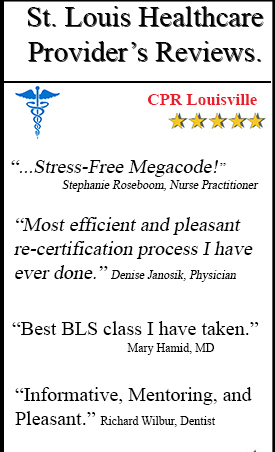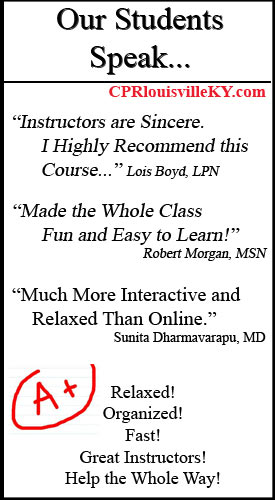Coronary Artery Disease by Belvie Laubinger
Call Us Now
Get the Best CPR Class in Louisville Today!
What you didn’t know about coronary artery disease that could end up saving your life. Coronary artery disease happens when plaque builds up, causing your coronary arteries to narrow, which causes less blood flow to reach your heart. The decreased blood flow to your heart can cause chest pain or even shortness of breath. However, a complete blockage in the arteries can cause a heart attack, which can lead to death.
Coronary artery disease happens when the inside wall is damaged and plaque builds up. When that happens it narrows the arteries and it makes it harder for the blood to reach your heart. If the plaque was to rupture or break, this would cause blood platelets to clump; this is your body’s way of repairing itself. However, the clump can also block your artery, causing a heart attack. This is why being healthy is so important in today’s society because damaging the inside wall can occur with smoking, having high blood pressure, high cholesterol, high stress, obesity, age, family history, diabetes, or even having radiation therapy to the chest used for certain types of cancers.
Coronary artery disease flares up when involved in a stressful activity and this is when you can start to see the symptoms arise. When your arteries become narrowed they can’t supply enough oxygen/ blood to the heart. A person at this time might experience chest pain and may feel pressure or tightness in their chest. This feeling can go away minutes after stopping the stressful activity. However, in women, the pain can sometimes be sharp and be located in the abdomen, back, or arm. Shortness of breath is another symptom you can experience during a stressful activity. The shortness of breath can lead to extreme fatigue with exertion. If the arteries become completely blocked, then you can have a heart attack. You can experience pain, and crushing pressure in your chest, shoulder, and arm. Women typically have fewer signs and symptoms of a heart attack. Women can have symptoms of nausea, back pain, and jaw pain. Sometimes a heart attack can arise without any signs or symptoms as well.
Things you can do to find out if you have coronary artery disease. First, your doctor could ask for a stress test if you have symptoms that worsen with excises. You can get an electrocardiogram known as an ECG. The ECG test records the electrical activity as it streams through your heart. It can also reveal if you have had a previous heart attack. Another test your doctor might ask for is an echocardiogram. This test uses high-pitched sound waves to produce images of your heart. This will allow the doctor to see if your heart wall is contributing to your heart’s activity. If the heart wall is damaged then some parts might move slower. However, it could also mean it’s not receiving enough oxygen. Your doctor can ask you for a number of tests. Some more options are a CT scan, cardio catheterization, and magnetic resonance angiography also known as a MRA.
The treatment of coronary artery disease can be treated with medication. However, there are probably going to be cases where you’re going to need some kind of surgery whether it’s a stent replacement or a coronary bypass surgery. On the other hand, a lot of times the treatment is going to mean a lifestyle change. Which means it’s going to be up to you to make the change. It might mean you need to quit smoking, exercise daily, eat healthy, lose excess weight, and try and reduce stress. In the end, it’s going to make you feel better and for you to have a happy healthy life.
References:
MayoClinic- http://www.mayoclinic.org/
American Heart Association-http://www.heart.org/HEARTORG/
Call Us Now
Get the Best CPR Class in Louisville Today!










